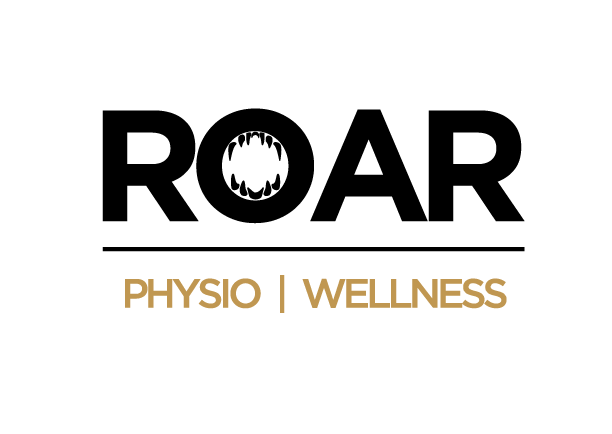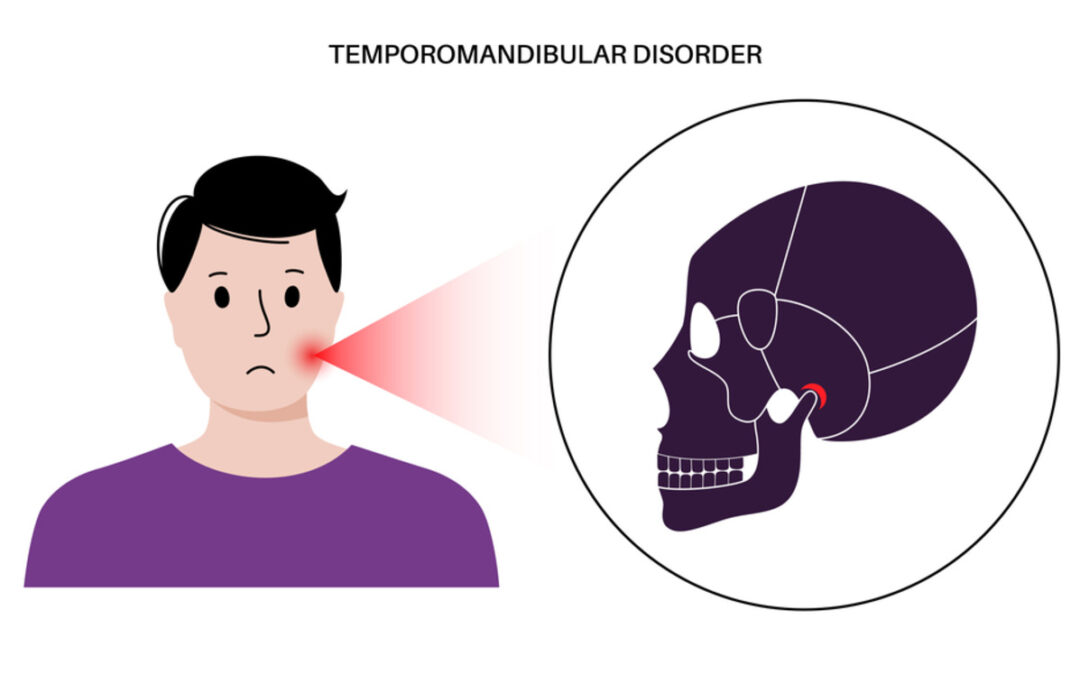Temporomandibular joint (TMJ) disorders can cause significant discomfort and interfere with daily activities such as eating and speaking. Understanding the condition and how physiotherapy can help manage and treat TMJ disorders is crucial for effective relief. This blog provides comprehensive information on TMJ, how physiotherapy treats the condition, and tips for managing it effectively.
Understanding TMJ Disorders
The temporomandibular joint (TMJ) connects the jawbone to the skull and is essential for everyday activities like talking, chewing, and yawning. TMJ disorders (TMD) encompass various conditions affecting this joint and the surrounding muscles, leading to pain and dysfunction. Common symptoms of TMJ disorders include:
- Jaw Pain: Pain in the jaw joint and surrounding areas, which can radiate to the face, neck, and shoulders.
- Difficulty in Chewing: Discomfort or pain while chewing or biting.
- Clicking or Popping Sounds: Audible sounds when opening or closing the mouth, which may or may not be accompanied by pain.
- Lockjaw: The jaw may become stuck in an open or closed position, making it difficult to move.
- Headaches: Frequent headaches or migraines are often associated with TMJ disorders.
- Ear Pain: Pain in and around the ears, sometimes accompanied by ringing (tinnitus).
How Physiotherapists Treat TMJ
Physiotherapy plays a significant role in managing TMJ disorders by addressing the underlying causes, reducing pain, and improving jaw function. Here’s how physiotherapy can help:
- IMS: Intramuscular stimulation (IMS) is used to relieve pain and improve muscle function. This technique involves inserting fine needles into tight muscles to release tension and promote healing.
- Pain Relief: Physiotherapists also use modalities such as heat and cold therapy, and dry needling to alleviate pain and reduce inflammation in the jaw joint and surrounding muscles.
- Manual Therapy: Techniques such as gentle joint mobilizations and soft tissue massage help improve joint function, reduce muscle tension, and enhance blood flow. This can include intra-oral techniques where the therapist works inside the mouth to release tight muscles.
- Exercise Prescription: Tailored exercises are designed to strengthen the muscles around the TMJ, improve jaw mobility, and reduce muscle tension. These exercises may include gentle stretching, resistance exercises, and relaxation techniques.
- Postural Education: Physiotherapists provide guidance on maintaining proper posture, which can reduce strain on the TMJ and prevent symptoms from worsening. Correcting poor posture habits, especially those related to the head and neck, is crucial for long-term relief.
- Education and Self-Management: You receive advice on lifestyle modifications, stress management techniques, and self-care strategies to manage symptoms and prevent recurrence. This may include avoiding hard or chewy foods, practicing relaxation techniques, and using proper jaw alignment during daily activities.
Get Your Roar Back
How Long Does TMJ Take to Heal?
The healing time for TMJ disorders can vary widely depending on several factors, including the severity of the condition, the individual’s response to treatment, and adherence to the prescribed physiotherapy regimen. For mild TMJ disorders, significant improvement can often be seen within a few weeks to a couple of months with consistent physiotherapy and self-care practices. In cases of moderate TMJ disorders, it may take several months of regular physiotherapy sessions, along with adherence to prescribed exercises and lifestyle changes, to achieve substantial relief. Severe TMJ disorders may require a longer treatment period, potentially up to a year or more. Comprehensive management, including consistent physiotherapy combined with other treatments, is often necessary.
Regular follow-ups with a physiotherapist are essential to monitor progress and make necessary adjustments to the treatment plan. Commitment to the prescribed exercises and lifestyle modifications is crucial for achieving the best possible outcomes.
Activities to Avoid with TMJ
Managing TMJ disorders effectively involves not only following a prescribed treatment plan but also avoiding activities that can exacerbate the condition until you are assessed by a physiotherapist in the clinic. Here are some activities to avoid with TMJ:
- Chewing Hard Foods: Avoid chewing hard or chewy foods such as nuts, hard candies, gum, and tough meats. These foods can place additional strain on the TMJ and worsen symptoms.
- Wide Jaw Movements: Try to avoid activities that require wide jaw movements, such as yawning widely, singing loudly, or biting into large sandwiches. These actions can overstretch the TMJ and aggravate pain.
- Teeth Grinding and Clenching: If you have a habit of grinding or clenching your teeth, it’s important to address this behaviour. Consider using a mouth guard at night and practice relaxation techniques during the day to minimize stress.
- Holding the Phone Between your Shoulder and Ear: Avoid holding the phone between your shoulder and ear, as this can create tension in the neck and jaw muscles, exacerbating TMJ symptoms. Use a headset or speakerphone instead.
- High-Impact Activities: Limit activities that involve high impact or sudden movements, such as certain sports or intense physical exercises, which can jolt the jaw and increase discomfort.
Tips for Sleeping with TMJ
Changing your sleep positioning can help alleviate TMJ symptoms until you are able to get your jaw assessed by a physiotherapist. Here are some tips on how to sleep with TMJ:
- Use a Supportive Pillow: Choose a pillow that provides good support for your head and neck. A cervical pillow or a contoured pillow designed to support the natural curve of your neck can be beneficial.
- Avoid Sleeping on Your Stomach: Sleeping on your stomach can put additional strain on the jaw and neck, leading to increased pain and discomfort. If you must sleep on your side, use a pillow that keeps your head aligned with your spine.
- Maintain Proper Jaw Alignment: When lying down, keep your jaw relaxed and slightly apart. Avoid clenching your teeth or placing your hand under your jaw, which can increase tension.
- Practice Relaxation Techniques: Before bedtime, practice relaxation techniques such as deep breathing, progressive muscle relaxation, or gentle stretches to reduce muscle tension and promote a restful sleep.
Let Us Be Your Partner in Recovery
TMJ disorders can significantly impact daily life, but with the right approach to treatment and proper management, substantial relief and recovery are possible. By avoiding activities that exacerbate TMJ symptoms and adopting proper sleep habits, individuals can further support their physiotherapy treatment and improve their quality of life.
If you’re struggling with TMJ disorders, the experienced team at Roar Physio | Wellness in Sherwood Park is here to help. Our physiotherapists provide personalized treatment plans tailored to your needs. Contact us today to schedule an appointment and take the first step toward pain-free living!

